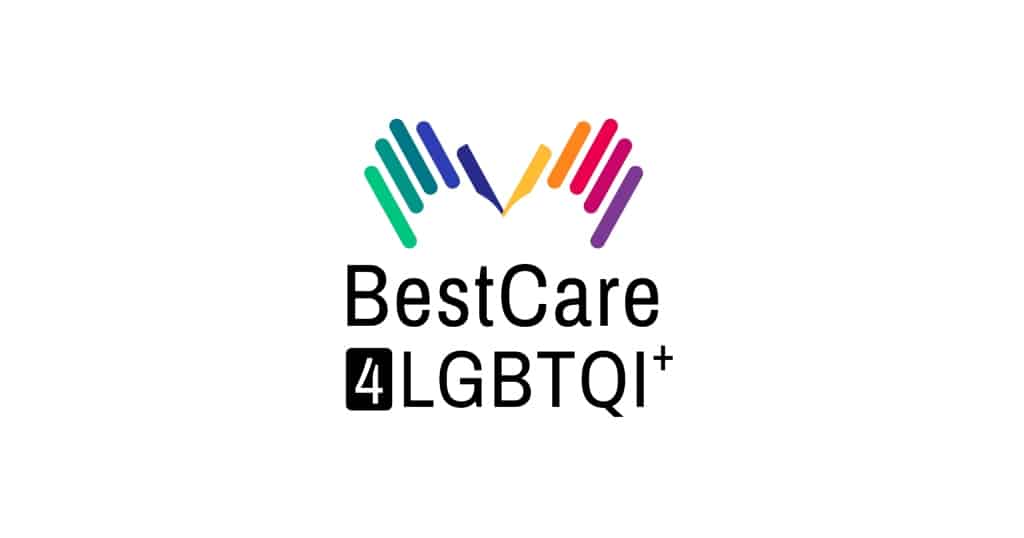BestCare4LGBTQI+ – Building the capacities of service providers in elder residential care on how to provide a more inclusive service provision for Older LBGTQI+ users
The BestCare4LGBTQI+ project will support the development of LGBTQI+ friendly elderly care services.
Grant Agreement Number: KA220-ADU-D6BF4D54
Funded by: Erasmus+ Duration: 01/12/2021 – 01/06/2024

Πρόκληση
Evidence shows that that there is still a long way to ensure that institutions providing care services for older people are inclusive, safe and pay due attention to LGBTQI+ people. WHO’s “Global strategy and action plan on ageing and health (2016-2020)” shows that while LGBTQI+ residents of elderly care homes and services are estimated to be around 10%, when asked about LGBTQI+ residents, management and care professionals usually state not to ‘have’ them or not to have ‘any problems with homosexuality’, and increasing discrimination and exclusion seems to be an unknown subject to them.
LGBTQI+ people are at high risk of being discriminated against in residential care homes as they lack ‘voice’ due to heteronormativity and the social taboo on sexual diversity. While the need to have more LGBTQI+ friendly care services is clear, the number of explicitly LGBTQI+-friendly elderly care services is very limited and, with 2 exceptions in the UK and the Netherlands, there is no evidence of programmes aimed to identify inclusive care services.
Καινοτομία
The mission of the BestCare4LGBTQI+ project is to support the development of LGBTQI+ friendly elderly care services, providing tools, awareness-raising material and learning resources to home care and residential care services managers and staff to ensure a better adapted and more respectful and inclusive care for LGBTQI+ older people living in care facilities.
Δράσεις

Η υποστήριξη της Ευρωπαϊκής Επιτροπής στην παραγωγή αυτού του περιεχομένου δεν συνιστά αποδοχή του περιεχομένου, το οποίο αντικατοπτρίζει αποκλειστικά τις απόψεις των συντακτών, και η Επιτροπή δεν μπορεί να θεωρηθεί υπεύθυνη για οποιαδήποτε χρήση των πληροφοριών που περιέχονται σε αυτό.
Εταίροι του Έργου






